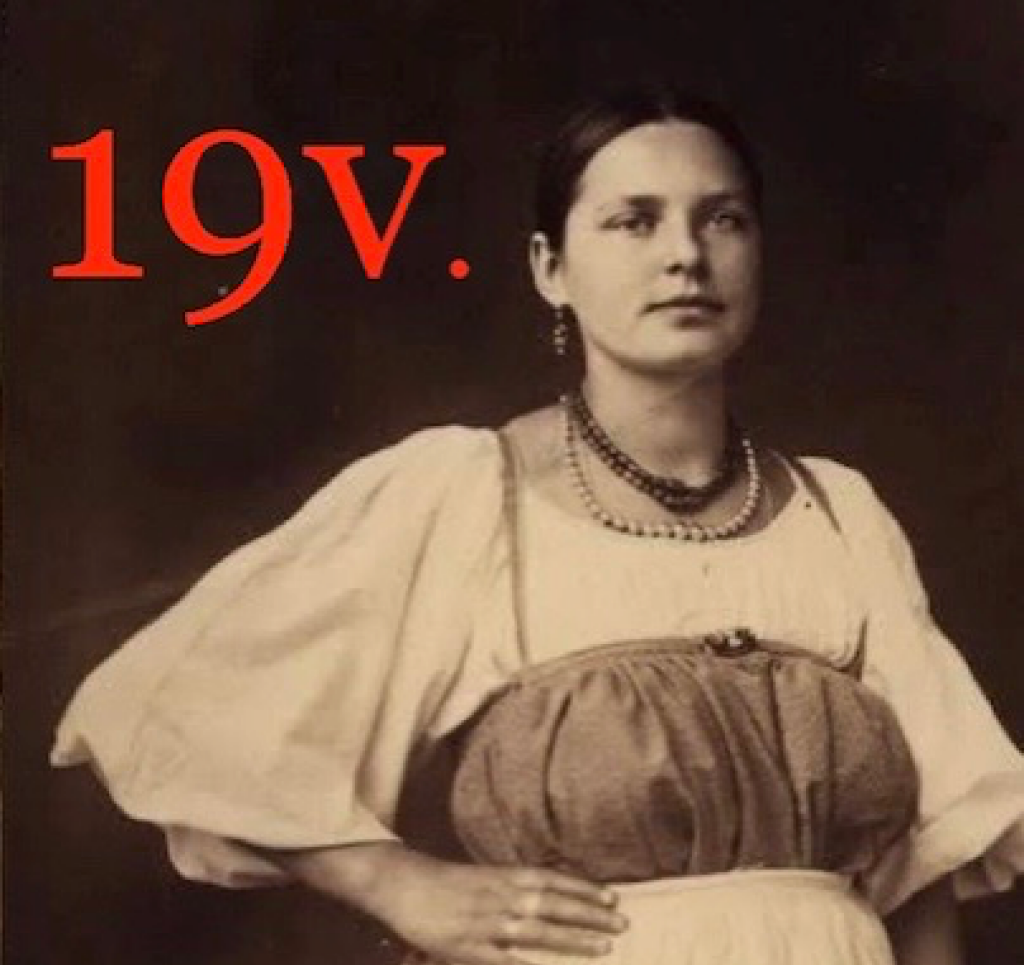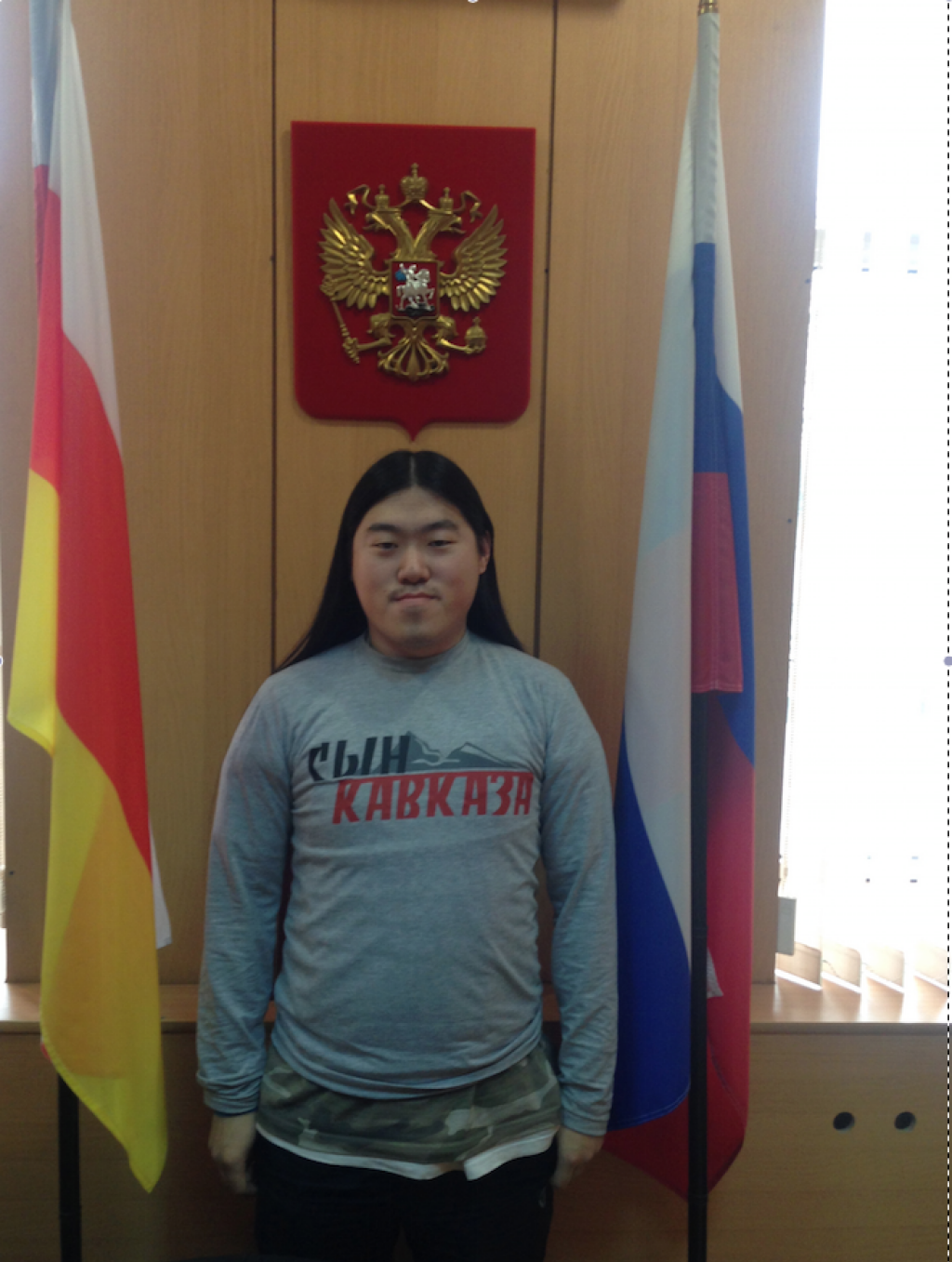Anne Lounsbery is Associate Professor and Chair in the Department of Russian and Slavic Studies at NYU.
Русскую версию смотрите ниже
As we approach the one-year mark of 19v’s inception, I’ve been polling some of our participants to learn which of our activities have proven valuable so far and what we might want to undertake in the future. I’ll write more about those points below—but first I’d like to say how gratifying it’s been to hear from scholars all over the world about how 19v has helped connect us in a disconnected time.
I’d also like to reflect briefly on how our undertaking relates to larger developments in the humanities and academia. It’s my belief that a sobering reorganization of scholarly institutions is imminent, especially in North America, and that this reorganization—a euphemism for what might more accurately be called, in some cases, a dissolution?—will strike first in the humanities. Many of us who are lucky enough to have university jobs receive constant emails steeped in the MBA vocabulary of financial exigency. Times will be tight, as we are constantly told: fewer of us will have access to the employment, grants, and other forms of private and public support that have sustained humanists in recent generations. Obviously we must continue to insist on the arts’ and humanities’ right to economic support, calling attention to their crucial role in any civilized society. People doing academic and creative labor need to make a living, and it should go without saying that many kinds of intellectual work require face-to-face collaboration and other activities that cost money.
But even as we fight back against the corporate logic of “leanness,” now is a good moment for thinking about ways we might sustain ourselves intellectually. 19v has been about what we can do for free, or for almost-free, in structures that approximate non-structures. First of all, “joining” 19v is free. Although we rely on and greatly appreciate the support of NYU’s Jordan Center (especially the help of Sasha Shpitalnik!), our online gatherings cost participants nothing, and they cost the Center, I hope, very little. Ideally we will invent modes of intellectual exchange that are less dependent on financial support from rich institutions, but for now I hope that those of us with access to such resources will be encouraged to “open them up” to others less fortunate (because at less well-endowed institutions around the world or without institutional backing at all), making our field less exclusionary and rigid. That’s part of why 19v has aimed to minimize rules (anyone can start an initiative—a reading circle, a working group—which can be either ongoing or finite: see the current list here) and to pair younger scholars with more established ones. We want to remain flexible as well as horizontal.
And now some thoughts about what we’ve done so far. It seems that for most of us, the most rewarding part of 19v has been hearing from and getting to know far-flung colleagues (especially in Russia), learning about the kinds of questions that animate their work, and what kind of research they see as inherently valuable. I personally have learned a lot about how literary study is institutionalized in Russia today (here I am particularly grateful to Kirill Zubkov’s and Alexei Vdovin’s blog posts), and indeed about how different disciplines are organized and institutionalized in my own country (to take just one example that has stuck with me: how art historians conceive of the pre- vs. post-Great Reforms periodization, and how this affects scholarship). As one respondent says, “It's been fascinating to see scholars trained in different ways converging on related questions (e.g., gender).”
Several people noted how valuable (and humbling) it’s been to hear from scholars who work on a much wider range of questions, texts and images than we’re usually exposed to (which is why for me our small reading group devoted to more minor writers—“The Other 19v”—has been revelatory). Others have expressed appreciation for the ability to sustain discussions over time—particularly in the reading groups but also in the Seminar Series—rather than being limited to once-a-year high-stakes panels at conferences. Many were glad for the opportunity to “build connections across ‘silos’ of interests, opening a wide lens on shared contemporary interests across disciplines.”
As far as what 19v should aim to do next, once again the responses to my query yielded quite a bit of consensus. There’s a clear desire to strengthen ties with Russian colleagues and institutions (perhaps starting with more collaboration and cross-listing with HSE?) and to welcome Russian-language presentations at the Seminar Series and in the reading groups. And here I would note what I see as a problem with the “we” of my own text: we (!) very much want this pronoun and 19v to include Russian colleagues, but so far our participants skew strongly North American and western European. So I’d say that our main goal going forward is to include more Russian-language content (presentations, comments, discussions, blog posts). In order to do that we need to figure out how to make 19v valuable for Russian colleagues: otherwise, as is so often the case in our field, those of us in Western Slavic studies risk dividing ourselves from Russian scholarship, reducing it, in a sense, to our object of study.
Respondents also expressed a desire to use our various conversations as the basis of conference panels or other collaborations, such as special journal issues. (It strikes me that this would be helpful for junior colleagues who are navigating the proposal process for major conferences and publications: practical suggestions are most welcome on this topic!) Finally, there’s enthusiasm for continuing the Seminar Series (which is already scheduled into the coming summer) into 2021-2022: let us hope that this enthusiasm translates itself into organizational zeal, since it’s possible that our heroic main organizer Sara Dickinson might be ready to take a break soon.
Thank you very much to those who contributed to this blog post by answering my questions, and thank you to everyone who’s participated in 19v so far. I/we welcome feedback and ideas! Onward / вперед!
19 v: состояние дел
Переводил Кирилл Осповат
Приближаясь к первой годовщине нашей онлайн-группы 19v, я спросила некоторых участниц и участников о том, какие стороны нашей работы показались им ценными и что еще можно сделать в будущем. Об этом я напишу чуть ниже, а начну с того, как радостно мне было читать письма о том, как наша группа помогала ученым со всего света сохранять связи друг с другом в это разъединяющее время.
Нужно сказать несколько слов и о том, как наша работа соотносится с общими тенденциями в гуманитарных науках и академии вообще. Мне представляется печальной неизбежностью реорганизация академических институций, особенно в Северной Америке, -- реорганизация, которую, может быть, точнее называть упразднением. Те из нас, кому повезло получить постоянные места в университете, слишком часто читают начальственные циркуляры, переполненные жаргоном финансовой оптимизации. Нам все время говорят: придется затягивать пояса. Будет еще меньше рабочих мест и грантовых средств, государственных и частных, поддерживавших гуманитариев на протяжении последних десятилетий. Само собой, мы должны и впредь настаивать на том, что искусство и гуманитарные науки заслуживают экономической поддержки и играют узловую роль в любом цивилизованном обществе. Ученые и люди творческих профессий заслуживают достойного существования, а интеллектуальный труд очень часто требует личного сотрудничества, на которое нужны деньги.
Сопротивляясь корпоративной идеологии оптимизации, мы в то же самое время должны задуматься о формах взаимной интеллектуальной поддержки. В группе 19v мы делаем то, что можно сделать без затрат, или почти без затрат, в структурах, которые почти лишены структурности. Начнем с того, что «членство» в 19v не требует взносов. Мы благодарны за поддержку Jordan Center (New York University) – и особенно признательны Саше Шпитальник! – но наши онлайн-встречи ничего не стоят участникам и, надеюсь, самому центру стоят немного. В будущем мы наверняка выработаем форматы интеллектуального диалога, не столь зависимые от финансовых ресурсов богатых институций; сейчас же хочется надеяться, что те из нас, у кого есть доступ к этим ресурсам, смогут использовать их для поддержки коллег, оказавшихся волею судьбы в не столь богатых учреждениях по всему миру или вообще лишенных институциональной опоры. Таким образом мы бы смогли сделать нашу дисциплину не столь закрытой и иерархичной. Именно поэтому в 19v мы стараемся не вводить лишних правил и ограничений: любая из нас может выступить зачинщицей рабочей группы, кратко- или долгосрочной (их полный список здесь). Кроме того, мы стараемся связывать начинающих коллег с более опытными. Мы должны сохранять гибкость и горизонтальность.
Теперь пара слов о том, что удалось сделать до сих пор. Мои респонденты были рады возможности установить сообщение с коллегами из других частей света (в том числе из России), больше узнать о занимающей их проблематике и о том, какие виды исследовательской работы они ценят. Лично я узнала много нового об институциональной организации литературоведения в современной России (не в последнюю очередь благодаря постам Алексея Вдовина и Кирилла Зубкова), а также о том, как разные дисциплины устроены в моей собственной стране: например, о том, как американские искусствоведы смотрят на периодизацию искусства относительно Великих реформ, и как это сказывается на их научных выводах. По словам одной корреспондентки, «было замечательно наблюдать, как коллеги из самых разных дисциплин приходили к общим вопросам, например гендеру».
Несколько моих корреспондентов отметило, как важно было для них знакомство с коллегами, работающими с намного более широкими вопросами и бóльшим объемом словесного и изобразительного материала, чем это обычно делается. (Для меня стали откровением многие второстепенные писатели, обсуждаемые в нашей небольшой рабочей группе “The Other 19v”.). Другие оценили возможность постоянного собеседования, будь то в рабочих группах или при обсуждении докладов в рамках Seminar Series, -- диалога, не ограниченного привычными конгрессами и секциями, проходящими раз в год и требующими серьезного напряжения. Третьи приветствовали возможность «выстраивать связи поверх “своих” участков и тем, вырабатывая общий, сравнительный взгляд при участии разных дисциплин».
Многие были согласны и в том, что нужно делать дальше. Очевидна потребность в нарастающем сотрудничестве с российскими коллегами и структурами (не подумать ли об объединении усилий с НИУ ВШЭ, «Вышкой»?) и в том, чтобы открыть регулярные доклады и рабочие группы для выступлений по-русски. Здесь же нужно сказать и об охвате того «мы», о котором здесь идет речь: хотя мы очень хотели бы, чтобы наша группа включала коллег из России, сейчас в ней преобладают исследователи из Северной Америки и Западной Европы. Так что я бы сказала, что наша важнейшая цель на ближайшее будущее – открыть двери для русскоязычных работ (докладов, презентаций, дискуссий, постов). Для этого нам нужно понять, чем 19v может быть полезен российским коллегам; иначе западные слависты, оставаясь в изоляции от русскоязычной науки, рискуют сползти к привычному представлению о ней как о бесправном объекте изучения.
Мои корреспондентки сходились и в том, что итогом наших разнообразных бесед должны быть секции на конгрессах и другие формы сотрудничества: например, тематические выпуски журналов. (Кажется, это было бы полезно молодым коллегам, подающим заявки на конференции и публикацию статей; дайте мне знать, если у вас есть практические идеи на этот счет.) Наконец, формат регулярных докладов c обсуждениями вызвал столько интереса, что наша Seminar Series будет продлена не только на лето 2021 г., но и на следующий учебный год. Будем надеяться, что этот интерес примет и организационные формы: не исключено, что наш главный организатор, Сара Дикинсон, скоро будет готова уступить свои полномочия.
Спасибо всем тем, чьи ответы легли в основу этого поста, и всем участницам и участникам 19v. Onward / Bперед!



